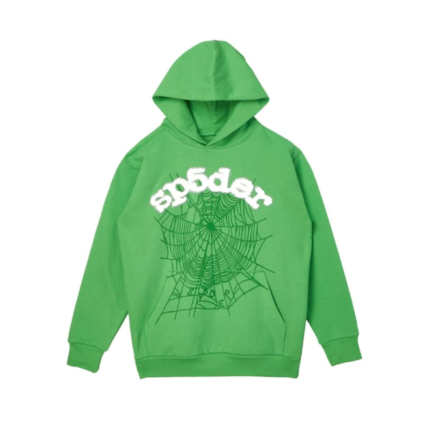A fixed deposit (FD) is one of the safest investment avenues with attractive, consistent returns irrespective of financial market conditions. It refers to an account where funds are deposited and locked in for a specific course (tenure). On the other hand, funds in a bank account (demand deposit account) are termed Demand Deposits. It is a deposit with on-demand features. An account holder needs to maintain a minimum account balance per the set minimum limit – monthly or average balance (quarterly or annually).
Let us understand better through a comparative analysis.
Purpose
- Generally, an individual opens demand deposit accounts to meet their day-to-day needs or keep their savings for the short term.
- On the other hand, FDs enable depositing spare funds that an individual wants to keep safe and earn.
Interest Rate
- The interest rate on demand deposits keeps changing as per the economic conditions in the country.
- In contrast, FDs offer returns at a fixed interest rate over the tenure. Interest rates on fixed deposits are higher than that of demand deposits. Reputed banks provide an interest calculator for FDs, a free and ready-to-use tool to calculate interest rates on your FDs before investing.
Tenure and Withdrawal
- A Demand Deposit Account allows depositors to withdraw unlimited times in person and through an ATM. An account holder can withdraw money from their demand deposit account up to the maximum cap set (per-day limit or a monthly limit) by the bank.
- On the other hand, an FD depositor needs to wait to make a withdrawal until the lock-in period is over. However, the depositor can withdraw funds prematurely against a penalty. Using an interest calculator on FD, you can estimate the total FD maturity amount with interest. You can choose a tenure between 7 days to 20 years with banks. Tenure is a factor of interest rates on fixed deposits.
Types of demand deposits/accounts
Different types of demand deposits/accounts are as follows:
- Savings Account: It is the most common deposit and can offer an interest rate of up to 6.25% per annum. Generally, each individual holds a savings account.
- Current Account (Checking Account): A current account is typically a business account that allows frequent transfers between companies and businesses to carry out daily business activities.
- Non-resident External (NRE) Deposit Account: NRIs can open this account to transfer foreign earnings to India.
- Non-resident Ordinary (NRO) Deposit Account: NRIs open this account to manage their income earned in India.
FD offers the following options to the depositor:
- Regular FDs: A regular FD is an easy investment option for those who want a regular fixed income.
- Senior Citizen FDs: Senior citizens aged 60+ can avail of this easy investment option offering an additional interest of 0.50% p.a. over regular deposits. Interest rates on fixed deposits can be as high as 7% with renowned banks.
- Tax-savings FDs: It offers tax benefits under section 80C. The only tenure is five years for this FD.
- Recurring Deposit (RD): Individuals can reach their financial goals through a recurring deposit if they want to invest small monthly amounts. Book an RD for six months to 20 years.
- NRI FDs: Fixed income investments are open for NRIs also. They can open NRE or NRO accounts to start FD investments.
Thus, FDs are unaffected by market instability, and interest rates on fixed deposits are guaranteed, unlike demand deposits.
If possible, you can invest your funds in long-term FDs and let your funds earn for you at a higher interest rate. Otherwise, you can open a demand deposit account for the safekeeping of your savings. Using an interest calculator for FD, you can see how your funds will grow over the FD tenure.
Also Read: What is Labia Cleavage Trend



